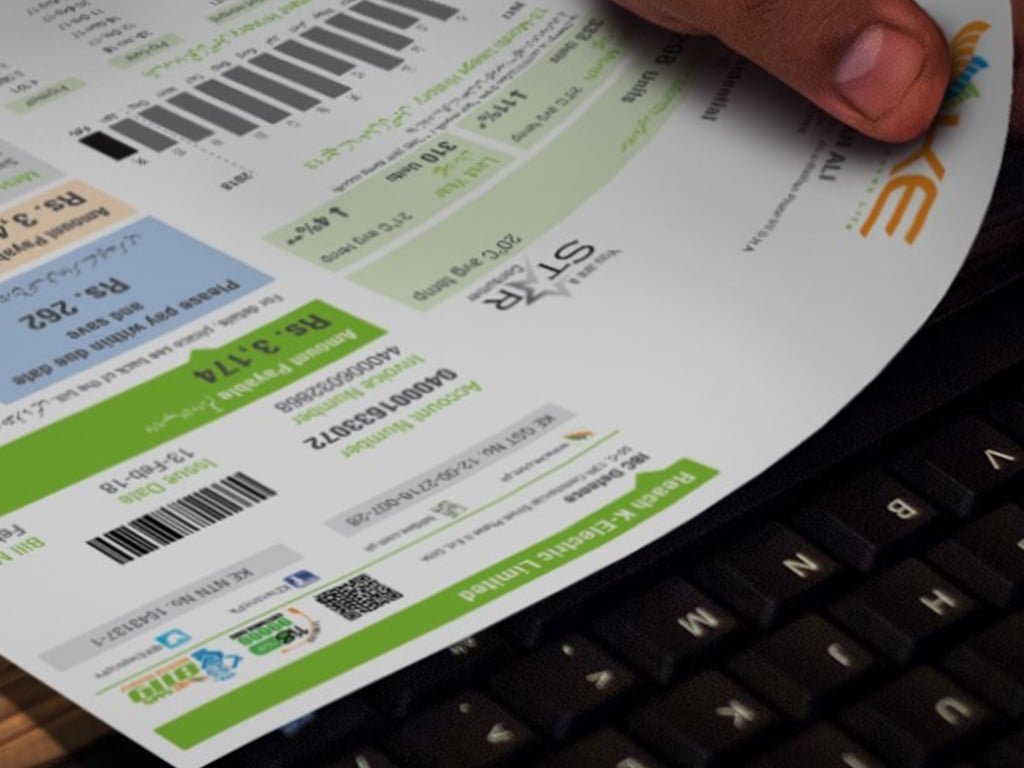How many taxes are Pakistanis currently paying in electricity bill? Massive protests against inflated electricity prices continued in crisis-hit Pakistan, with consumers flocking across the country, burning electricity bills, and chanting anti-overpricing slogans as the country of over 240 million faces an economic crisis, with inflation skyrocketing at 29%.
People suffering from inflation bear the brunt of the impact, as incumbent governments have reduced power sector subsidies in accordance with the IMF agreement, setting new prices at all-time highs.
Because the basic amount of electricity bills is linked to the number of kilowatt-hours (kWh) or units consumed by people, power tariffs contain massive taxes that are collected directly from the masses.
Also read: IESCO announces installment plans amid electricity bills protests
A Gujranwala district resident posted his bill online, revealing that he was charged Rs10,500 for consuming approximately 212 units last month. According to the bill, the cost of electricity was around Rs6,400.
Fuel Price Adjustment, a tax based on the price of the fuel used to generate electricity, is approximately $250 for people consuming slightly more than 200 units.
In the event of a higher fuel price at the time of power generation, WAPDA will charge an additional amount in the following billing month.
How many taxes are Pakistanis currently paying in electricity bill? Check the Tweet:
Electricity bill explained by a common man from Gujranwala. pic.twitter.com/WlEm24mZxg
— Zulfiqar Ahmed 🤔 (@ZulfiqarAhmed69) August 27, 2023
The other charges begin with an electricity duty of approximately Rs100. General Sales Tax, or GST, is charged at the rate of Rs1,316. The income tax would be Rs900, with an additional tax of Rs366.
The bill also includes Rs227 in “Further Taxes,” Rs365 in “Sales Tax,” Rs680 in “FC Surcharge,” and Rs115 in “Taxes on FPA.”
Furthermore, if they are non-filers, power customers are charged additional taxes on their income in their utility bill.
Pakistan, which is in the grip of a political, economic, and constitutional crisis, is now witnessing massive protests as power consumers appear to be cornered as the government raises the price of electricity.

